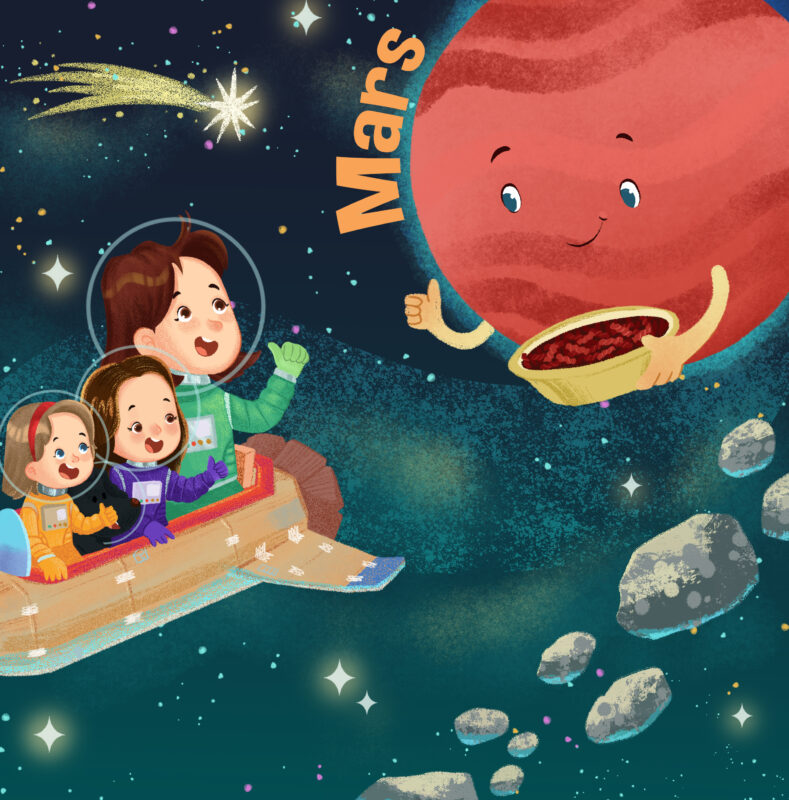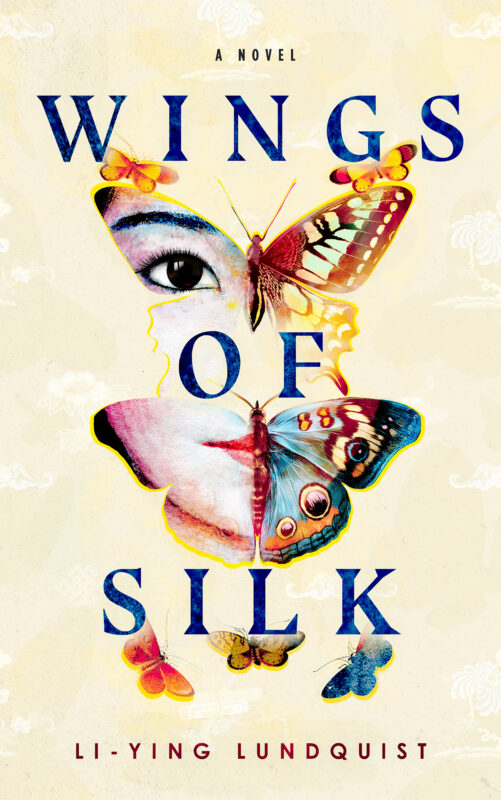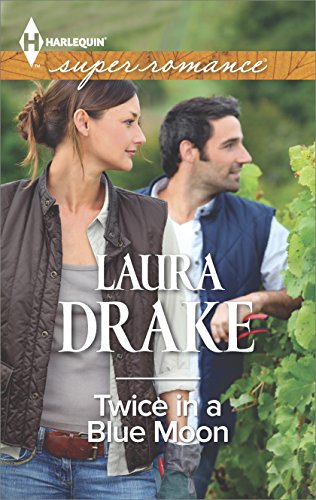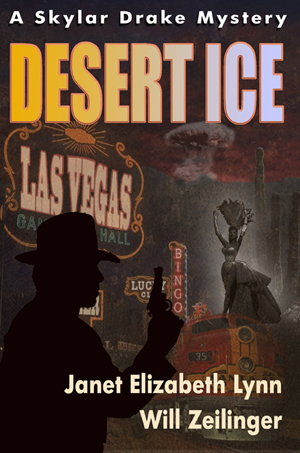Casting Your Story by Will Zeilinger
November 3, 2021 by Janet Elizabeth Lynn and Will Zeilinger in category Partners in Crime by Janet Elizabeth Lynn & Will Zeilinger tagged as Casting Characters, Character development, Joseph Campbell, The Hero's Journey, Will Zeilinger, writing
You’ve heard of “casting directors” in the world of film, TV, and advertising.
I was an art director for ads and commercials, and selecting the proper models or actors for a job was key to the success of each project. Likewise, as an author, you are the casting director for your story, and casting the right characters is crucial to keeping the reader interested.
If you have the casting correct, any two characters can be put in a scene together and keep the reader interested. This requires that each character is already interesting on their own and that they have an opinion about every other character. They don’t have to say anything about the others, but they can have an internal view that will affect their behavior toward the other members of the cast.
Each character should have a purpose in the story. If not, then they aren’t needed. They can interact with each other independently or confront one another through the main protagonist.
The types of character can vary, but in Joseph Campbell’s “The Hero’s Journey,” he identifies eight archetypes. You can vary these to fit your needs.
| 1 | The Hero | Your protagonist |
| 2 | The Mentor | The one your protagonist goes to for advice |
| 3 | The Ally | The BFF or loyal friend |
| 4 | The Herald | The one who tells the protagonist they must change |
| 5 | The Trickster | Can function as comedy relief or goof (i.e., Gilligan) |
| 6 | The Shapeshifter | Not who you or the protagonist thinks they are |
| 7 | The Guardian | Tries to discourage the protagonist (to play it safe) |
| 8 | The Shadow | The opposite of the protagonist – evil? |
Think about the age, ethnicity, gender, education, and socio-economic background of each one. Are they a proper fit? Are they believable?
In the end, each of the character types I’ve mentioned have a unique of your plot and the rest of the cast. Consider the extent to which they interact, and consider using some aspects of the types above. Each character has the ability to move the story along. You don’t necessarily need all of these types, but you are the author, so use who you need. You can even write a story with only one character.
While the easiest way to build characterization and personality in your protagonist (main character) is to surround them with people they must interact with, if you isolate your protagonist, then developing depth and interest becomes a challenge.
Take the film, Castaway featuring Tom Hanks. He’s stuck on an island, alone, for four years. Writing a story featuring one character is an excellent exercise in character development. When writing a story like this, here are two things to remember, but this holds true for any type of story you tackle.
1. Your reader needs to care about your character
You must give the character a reason for the reader to care about what they do or what happens to them. As in a fully populated story, your main character doesn’t have to be “good” for the reader to care about them. Villains are just as interesting as heroes.

2. Have a conflict
Conflict kickstarts the story plot. Without conflict or a problem to solve, there’s no plot and no story. How your protagonist reacts to the conflict helps the reader to guess what they’ll do or not do next.
Here’s a tip I use to cast my stories:
I like to clip photos of different people and use them as my casting catalog when developing a story. I can always look at their faces and consider how they’ll look or what other characters think of them. If your casting doesn’t seem to be working, you can always re-cast a character.
Have fun. You’re the Director.
Some Book by Will Zeilinger and Janet Elizabeth Lynn
0 0 Read more
Starting a Novel Series with a Partner: The Planning by E. J. Williams
October 3, 2021 by Janet Elizabeth Lynn and Will Zeilinger in category Partners in Crime by Janet Elizabeth Lynn & Will Zeilinger, Starting a Novel Series with a Partner by E. J. Williams tagged as E.J. Williams, novels, Planning, Writing with a Partner
My husband, Will Zeilinger, and I co-write the thrillers of INTERNATIONAL MYSTERY SERIES, as E. J. Williams. Our tales transport the reader from 1962 Southern California to various international locales. In the first new book of the series, STONE PUB, we find ourselves in County Cork, Ireland.
Planning the series, then planning the individual novel in the series takes a great deal of time. It is so easy to get stuck on one idea and not move ahead. The two of us had MANY ideas we threw around.
So, we implemented deadlines—not just for writing (which needs to happen) but at the planning stage … making decisions.
For example, “By the next meeting follow, we will decide on:”
1) Romantic scene, when, where, and with who.
2) Car chase: where will it take place and who is chasing whom, etc. Once we agree on these details, one of us writes the scene, and the other adds to it.
Beware of analysis/paralysis. We knew of a co-writing team who couldn’t agree on the names of the characters, not just one but all. Their writing ground to a halt for months!
Remember that your mutual goal is to write a good story.
The takeaway: When writing together, plan your approach.
Remember… the crucial thing is to write a good story. So, stay tuned … there is more to come.
STONE PUB is the first in the series, and yes … we are still married!
Websites:
Some of Janet’s and Will’s Novels
Vintage 1960 TV Theme Music
September 3, 2021 by Janet Elizabeth Lynn and Will Zeilinger in category Partners in Crime by Janet Elizabeth Lynn & Will Zeilinger, Starting a Novel Series with a Partner by E. J. Williams tagged as 1960s Research, E.J. Williams, Janet Elizabeth Lynn, Research for Writers, Will Zeilinger, writing partners
The 1960s began a new era of television programs. Broadcasting transitioned from black/white to color. Lighthearted sitcoms/comedies were the most-watched shows. But as the decade progressed people became socially conscious. Memorable theme songs/ lyrics defined the shows.
Here are just a few of those memorable theme songs in alphabetical order:

Hogan’s Hero’s
1965 to 1971
CBS
by Jerry Fielding

I Dream of Jeanie
1965-1970
CBS
by Hugo Montenegro

Mission Impossible
1966-1971
CBS
by Lalo Schifrin

My Three Sons
1960 to 1970
ABC
by Frank De Vo

The Addams Family
1964 to 1966
ABC
by Vic Mizzy

The Andy Griffith Show
1960 to 1968
CBS
by Earle Hagen

The Avengers
1966 to 1969
CBS
by Laurie Johnson

The Beverly Hillbillies
1962-1971
CBS
by Paul Henning

The Courtship of Eddies Father
1969 to 1972
ABC
by Harry Nilsson

The Twilight Zone
1959 to1964
CBS
by Bernard Herrmann
Some of Janet and Will’s Books
0 0 Read more
Starting a Novel Series with a Partner: The Plotting
August 3, 2021 by Janet Elizabeth Lynn and Will Zeilinger in category Partners in Crime by Janet Elizabeth Lynn & Will Zeilinger, Starting a Novel Series with a Partner by E. J. Williams tagged as E.J. Williams, Plotting, writing craft, writing partners
Starting a Novel with a Partner: The Plotting
by E.J. Williams
(Janet Elizabeth Lynn & Will Zeilinger)
My husband, Will Zeilinger, and I co-write thrillers, the INTERNATIONAL MYSTERY SERIES, as E. J. Williams. Our tales transport the reader from 1962 Southern California to various international locales. In the first new book of the series, STONE PUB, we find ourselves in County Cork, Ireland.
As we began this series, we experienced the same thing as with the previous, Skylar Drake Mystery Series. That is, we had all sorts of ideas stuck in our heads. Each of us had different scenarios we’d developed. We found it challenging to develop and agree on a central plotline for each story that would take the series across many books.
Meeting regularly with specific agendas and follow-up reports for reminders helped us narrow down the many ideas into the main idea, one that could be sustained through many future books. Daily, weekly, and monthly update meetings keep things flowing. Much like each chapter of a book drives the plot forward, the meetings should have a purpose. They should help drive the writing forward. Once we agreed on the plotline for the whole series, we could focus on the individual novels with similar foundations.
Regular meetings are the most efficient way of making a co-writing situation successful. Remember . . . the crucial thing is to write a good story. So, stay tuned . . . there is more to come.
STONE PUB is the first in the series, and yes…we are still married!
Website: Janet Elizabeth Lynn
Website: Will Zeilinger
Read Skylar Drake Mysteries while waiting for STONE PUB.
The Mystery of the Solway Firth Spaceman
July 3, 2021 by Janet Elizabeth Lynn and Will Zeilinger in category Partners in Crime by Janet Elizabeth Lynn & Will Zeilinger, Starting a Novel Series with a Partner by E. J. Williams tagged as 1960s, Men in Black, mystery, Photos, space, Spacemen
“We went on a normal outing and picked our spot,” Jim Templeton recalled of his May 23, 1964 outing. They sat down to take a picture of his 5-year-old daughter. He never expected anything out of the ordinary.

When they developed the pictures they found a figure of someone…or something.
Templeton contacted the Kodak Company. They found nothing out of the ordinary and offered a reward to anyone who could prove the photo was faked. Interestingly enough, the reward was never claimed.
The photograph eventually came to the attention of the local paper, the Cumberland News. A media frenzy followed. It was picked up by the Daily Mail and Express. Mr. Templeton began receiving letters from all over the world.
He then received a visit from two “Men in Black” who wanted to be taken to the location where the image was taken. They referred to each other only as Number 9 and Number 11.
Just days after Templeton had taken his photograph, the planned launch of a Blue Streak missile in Woomera, South Australia on the other side of the world was aborted by technicians who reported seeing two men in the firing range. Upon later seeing the Solway Spaceman picture on the front page of an Australian newspaper, they were stunned as the figure looked the same as the figures they saw close to the missile.


Templeton’s picture spiked public interest due to the space race between the United States and Soviet Union, and because the image behind his daughter looked like a NASA Astronaut.
More than four decades later, an explanation was finally found. Another photo taken that same day showed Elizabeth and her mother Annie. Annie was wearing a sleeveless dress of a very light blue color. They deducted that the “spaceman” was just Annie, with her hair tied giving the impression of an astronaut visor, walking away from her daughter. Templeton, however, remembers his wife was standing behind him when the photo was taken.
The eerie photograph can still send a chill
Janet Elizabeth Lynn
Author of mysteries, checkout my website
Check out our latest Skylar Drake Mystery.
Click on the covers for more information. Hover over the cover for buy links,
Affiliate Links
A Slice of Orange is an affiliate with some of the booksellers listed on this website, including Barnes & Nobel, Books A Million, iBooks, Kobo, and Smashwords. This means A Slice of Orange may earn a small advertising fee from sales made through the links used on this website. There are reminders of these affiliate links on the pages for individual books.
Search A Slice of Orange
Find a Column
Archives
Featured Books
BEAGLEMANIA
Lauren Vancouver is the head of HotRescues, a no-kill animal shelter north of Los Angeles, but it's often human nature that puts her in the path of danger.
More info →DESERT ICE
Sin City in 1955, where the women are beautiful and almost everything is legal-
More info →Newsletter
Contributing Authors
Search A Slice of Orange
Find a Column
Archives
Authors in the Bookstore
- A. E. Decker
- A. J. Scudiere
- A.J. Sidransky
- Abby Collette
- Alanna Lucus
- Albert Marrin
- Alice Duncan
- Alina K. Field
- Alison Green Myers
- Andi Lawrencovna
- Andrew C Raiford
- Angela Pryce
- Aviva Vaughn
- Barbara Ankrum
- Bethlehem Writers Group, LLC
- Carol L. Wright
- Celeste Barclay
- Christina Alexandra
- Christopher D. Ochs
- Claire Davon
- Claire Naden
- Courtnee Turner Hoyle
- Courtney Annicchiarico
- D. Lieber
- Daniel V. Meier Jr.
- Debra Dixon
- Debra H. Goldstein
- Debra Holland
- Dee Ann Palmer
- Denise M. Colby
- Diane Benefiel
- Diane Sismour
- Dianna Sinovic
- DT Krippene
- E.B. Dawson
- Emilie Dallaire
- Emily Brightwell
- Emily PW Murphy
- Fae Rowen
- Faith L. Justice
- Frances Amati
- Geralyn Corcillo
- Glynnis Campbell
- Greg Jolley
- H. O. Charles
- Jaclyn Roché
- Jacqueline Diamond
- Janet Lynn and Will Zeilinger
- Jaya Mehta
- Jeannine Atkins
- Jeff Baird
- Jenna Barwin
- Jenne Kern
- Jennifer D. Bokal
- Jennifer Lyon
- Jerome W. McFadden
- Jill Piscitello
- Jina Bacarr
- Jo A. Hiestand
- Jodi Bogert
- Jolina Petersheim
- Jonathan Maberry
- Joy Allyson
- Judy Duarte
- Justin Murphy
- Justine Davis
- Kat Martin
- Kidd Wadsworth
- Kitty Bucholtz
- Kristy Tate
- Larry Deibert
- Larry Hamilton
- Laura Drake
- Laurie Stevens
- Leslie Knowles
- Li-Ying Lundquist
- Linda Carroll-Bradd
- Linda Lappin
- Linda McLaughlin
- Linda O. Johnston
- Lisa Preston
- Lolo Paige
- Loran Holt
- Lynette M. Burrows
- Lyssa Kay Adams
- Madeline Ash
- Margarita Engle
- Marguerite Quantaine
- Marianne H. Donley
- Mary Castillo
- Maureen Klovers
- Megan Haskell
- Melanie Waterbury
- Melisa Rivero
- Melissa Chambers
- Melodie Winawer
- Meriam Wilhelm
- Mikel J. Wilson
- Mindy Neff
- Monica McCabe
- Nancy Brashear
- Neetu Malik
- Nikki Prince
- Once Upon Anthologies
- Paula Gail Benson
- Penny Reid
- Peter Barbour
- Priscilla Oliveras
- R. H. Kohno
- Rachel Hailey
- Ralph Hieb
- Ramcy Diek
- Ransom Stephens
- Rebecca Forster
- Renae Wrich
- Roxy Matthews
- Ryder Hunte Clancy
- Sally Paradysz
- Sheila Colón-Bagley
- Simone de Muñoz
- Sophie Barnes
- Susan Kaye Quinn
- Susan Lynn Meyer
- Susan Squires
- T. D. Fox
- Tara C. Allred
- Tara Lain
- Tari Lynn Jewett
- Terri Osburn
- Tracy Reed
- Vera Jane Cook
- Vicki Crum
- Writing Something Romantic
Affiliate Links
A Slice of Orange is an affiliate with some of the booksellers listed on this website, including Barnes & Nobel, Books A Million, iBooks, Kobo, and Smashwords. This means A Slice of Orange may earn a small advertising fee from sales made through the links used on this website. There are reminders of these affiliate links on the pages for individual books.























































